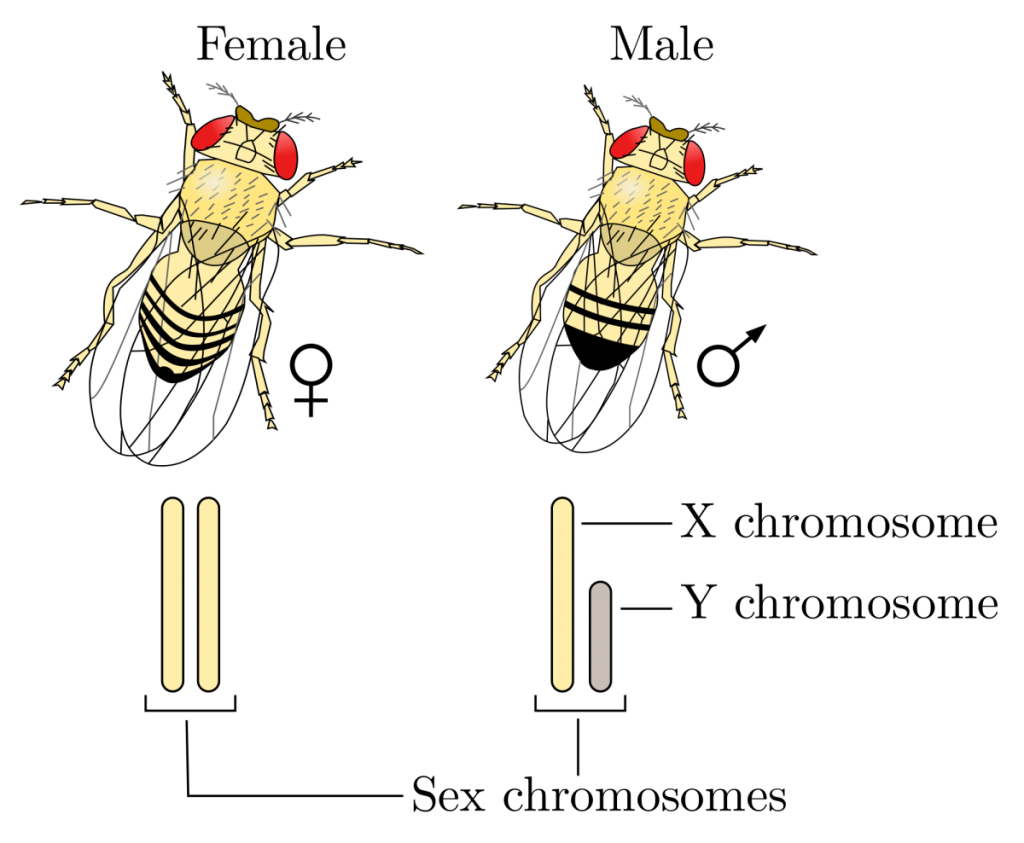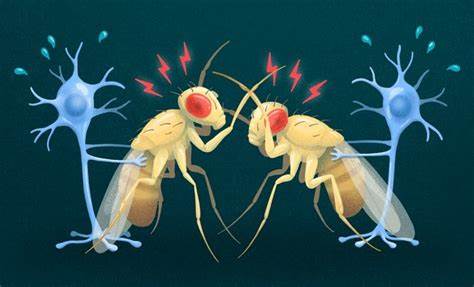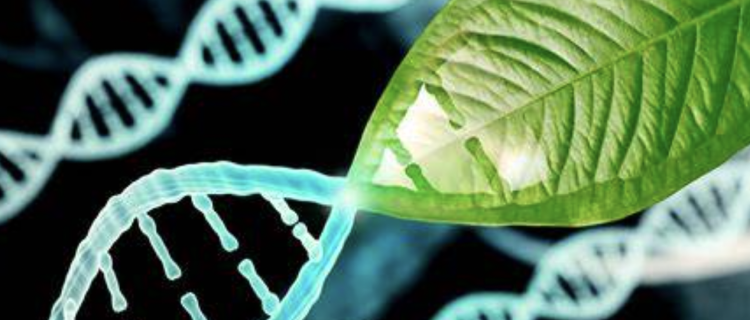A Leap Forward in Anti-Aging Research
The quest to decipher the enigmas of aging has led to a striking discovery at the Graduate School of Pharmaceutical Sciences at the University of Tokyo. Here, a dedicated team has shed light on a novel approach that involves transferring simple regenerative organism genes to the common fruit fly, resulting in the suppression of age-related intestinal ailments in the transgenic flies. This phenomenon suggests that genes from animals with potent regenerative capacities could potentially restore stem cell functionalities and prolong the lifespan of different species.
Insights from Associate Professor Hiroki Nagai
Associate Professor Hiroki Nagai underscores that genes which contribute to the remarkable regenerative abilities witnessed in creatures like planarians and jellyfish may also play a pivotal role in maintaining prolonged stem cell functions. Mammals and insects with comparatively limited regenerative prowess appear to have lost such genes throughout evolution. In their groundbreaking study, they introduced a set of genes unique to high-regenerative species—High Regeneration Species-Specific JmjC domain-containing genes (HRJD)—into fruit flies as a litmus test for potential rejuvenating effects.

Activating Latent Properties
The fruit flies, genetically “upgraded” with the HRJD genes, did not acquire the miraculous capacity to regenerate tissue post-injury. Nevertheless, under specific conditions, these genes manifested novel characteristics: they bolstered intestinal stem cell division while restraining the erroneous differentiation and problematic cells within the intestines of aged Drosophila. This finding sharply contrasts with methods such as antibiotics, which may inhibit problematic intestinal cells but also impede stem cell division. Thus, this discovery paves the way for devising innovative strategies against aging.
Furthering the Mission
Professor Nagai cautions that the precise mechanisms through which HRJD molecules exert their influence remain to be elucidated. It is crucial to determine whether these effects are autonomous or synergistic with other cellular components. The transformed fruit flies serve as a precious tool, unraveling unprecedented regenerative mechanisms in stem cells. Given that human intestinal stem cell activity declines with age, this line of research hints at an encouraging route for stem cell therapies.

The Ongoing Challenge
Anti-aging research is a fascinating and challenging field that humankind, with its relentless drive to defy the ravages of time, continues to pursue. Apoptosis, or cellular death, is one of the many contributors to human aging. The key to maintaining cellular vitality or regenerative capacity may lie in the humble fruit fly, an organism that researchers have now harnessed to uncover vital genes exerting extraordinary effects on intestinal stem cells. Could the elusive secret to anti-aging be nestled within these very cells? The answer remains a tantalizing secret, one that researchers are eager to unveil through further exploration.











































Discussion about this post